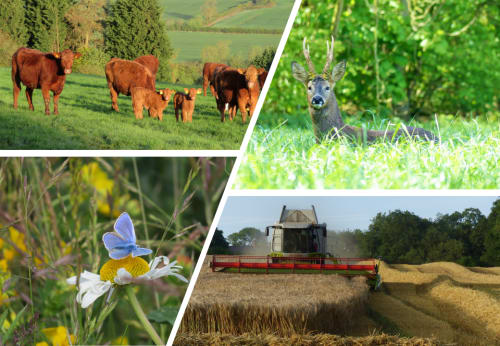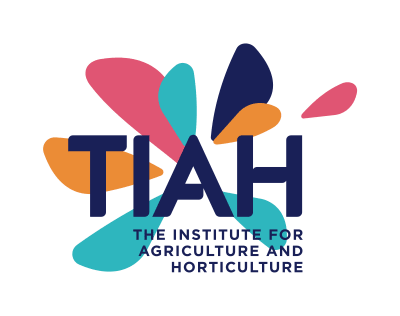About the farm:
The Bragborough Hall estate has been owned and managed by the Phipps family since 2012. Our aim is to be a local farming business that delivers high quality food, business services and holiday experiences by harnessing and extending the value of the farmed environment at Bragborough.
We have a working farm rearing “Stabiliser” beef cattle and growing arable crops. We usually produce 900 tonnes of arable crops (e.g. wheat that is made into Weetabix) and 25 tonnes of beef each year. In the summer months, our cattle enjoy being able to roam the lush pastures and parkland around the beautiful village of Braunston and Bragborough Hall itself. During the winter, when the ground is too wet for the cattle to remain outside, they are housed in our state-of-the-art cattle building designed to keep them relaxed and happy.
Conserving wildlife and enhancing habitats is very important to us and we carry out a lot of work towards this, including growing crops to provide seeds for birds through the winter, and grass-flower margins and plots for pollinators such as bumblebees and butterflies. We have also planted the equivalent area of four football pitches of new woodland since 2012. In total, more than 20% of the farm is dedicated to creating and managing habitats for nature, and our farming practices are designed to be as nature-friendly as possible.
Bragborough Hall itself has an interesting history. Between 1939 and 1945 during the Second World War, the hall was used as a maternity hospital for London’s St Barts Hospital and Hackney Mothers’ Hospital when over 1400 'Bragborough Babes' were born here.
Farm visits:
We host visits to our farm to provide the opportunity for young people to experience modern-day farming methods that produce high quality food while leaving space for nature. We can tailor visits to link to many aspects of the national curriculum for any age group. Alternatively, a visit can be designed to simply provide the opportunity to see what is happening on the farm at different times of year, from seasonal field operations to identifying which butterfly species are most abundant on our restored hay meadows. Please contact us to discuss options relevant to your school or group.
Bragborough Hall Estate - farming and wildlife educational visits

Address
Register or sign in to access this Place's details.Contact Details
Register or sign in to access this Place's details.Facilities
- Car parking
- Coach parking
- Covered space
- Hand washing facilities
- Toilets
Pricing
FREE:
Farm visits for groups of 6 or more children and accompanying adults are free for the first 25 groups to book each calendar year.
We aim to accommodate groups of 6-10 children and accompanying adults for visits of 2-4 hours in durations , but are open to discussing specific requirements of different groups.
What we can offer
- Conservation and site maintenance skills
- Growing crops and vegetables
- Pre-visit information available
- Risk assessment
- Set programmes
- Tailored programmes
Farm wildlife identification and ecology
Accreditations
CEVAS Accredited

This place has CEVAS accredited personnel.
CEVAS stands for Countryside Educational Visits Accreditation Scheme. A nationally recognised accreditation, the scheme offers training for individuals who are working – or plan to work – with groups of school children, young people or clients with additional needs.
This place is managed by
Tags
Contact Us
Some of our partners



Countryside Classroom
c/o LEAF Education
Linking Environment And Farming
Stoneleigh Park
Warwickshire, CV8 2LG
Email: [email protected]
Telephone: 02476413911
Terms and Conditions
Privacy Policy
Copyright Linking Environment And Farming 2025
Registered Charity Number 1045781











